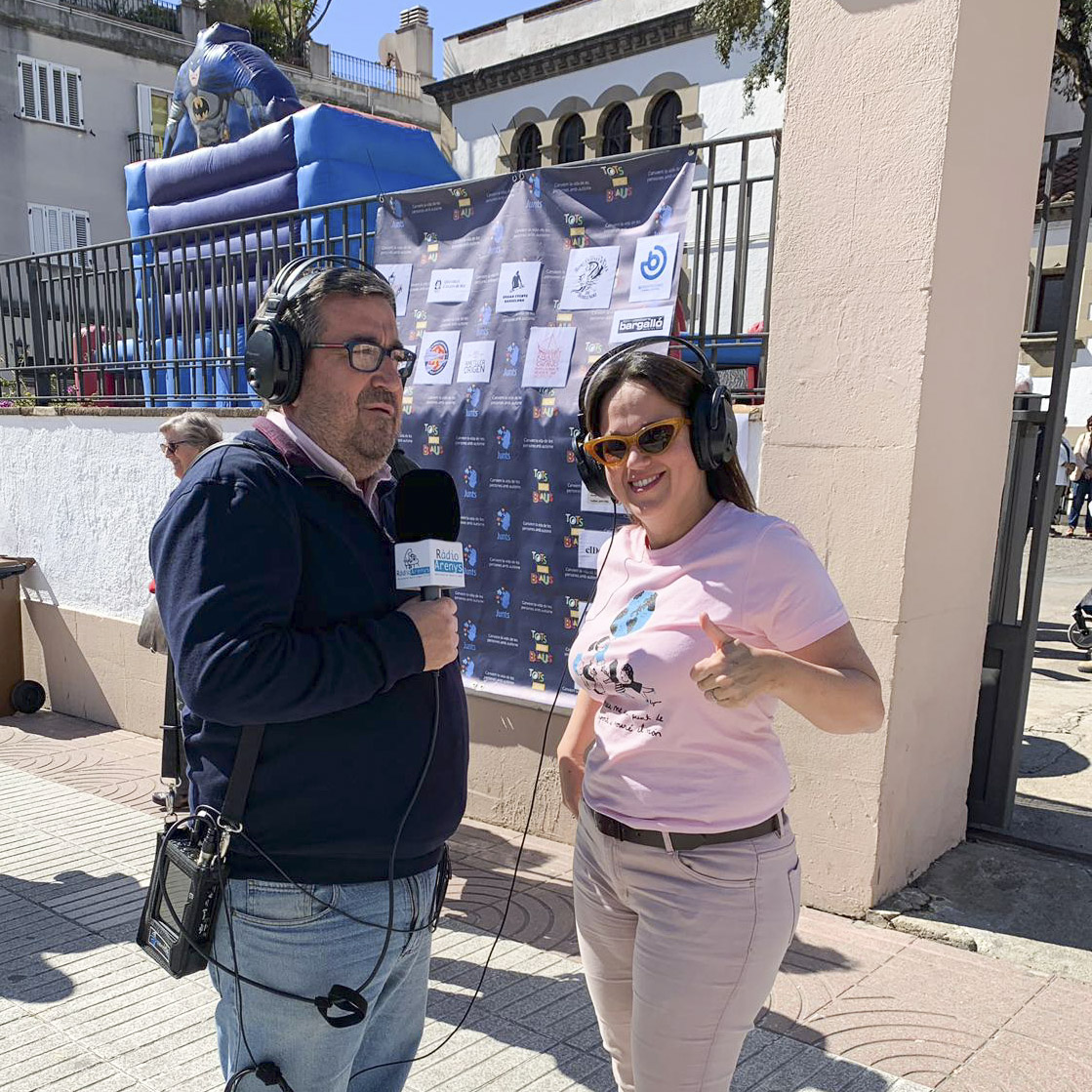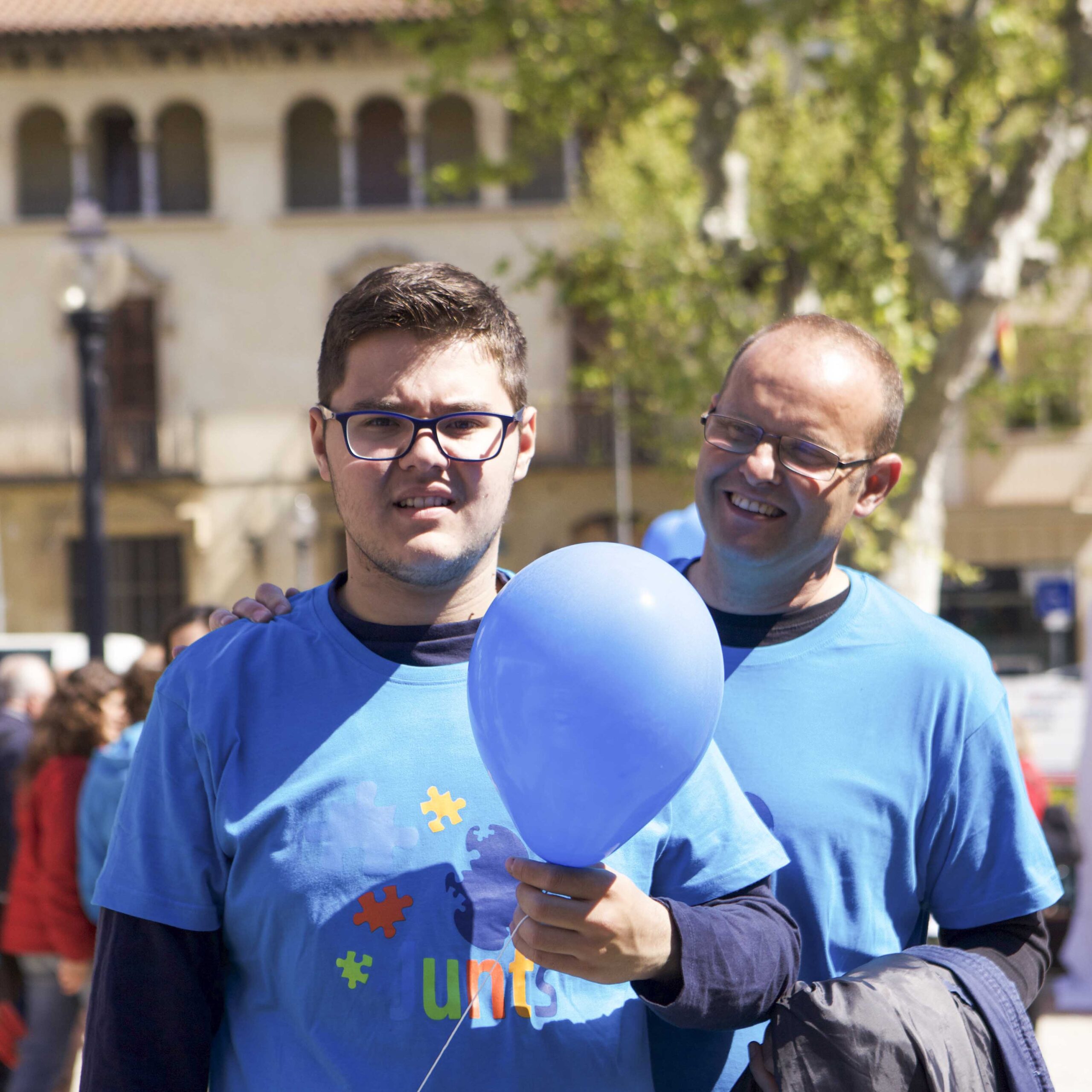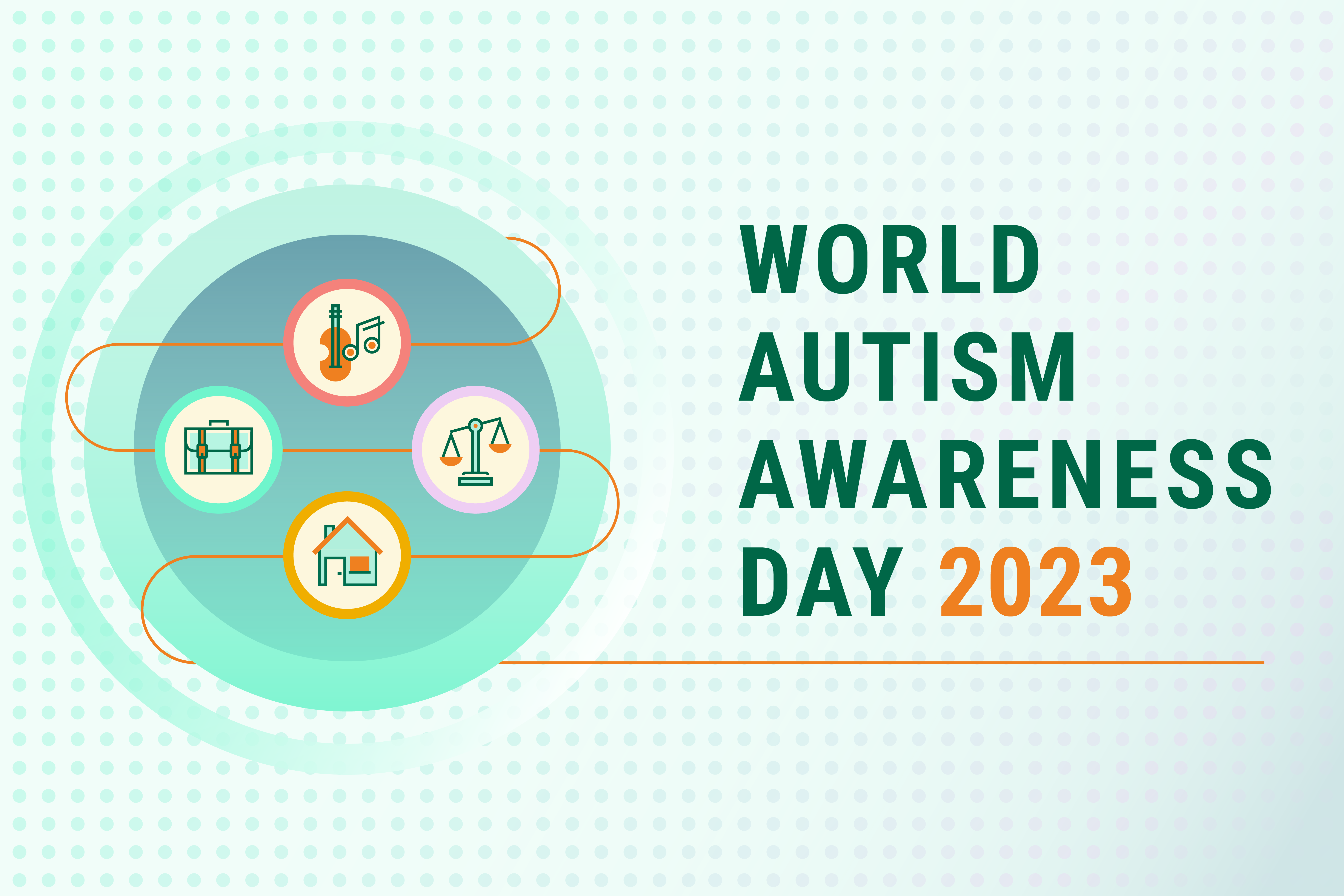World Autism Awareness Day
On 18 December 2007, the United Nations General Assembly proclaimed 2 April as World Autism Awareness Day. The resolution came into force in 2008 and since then the day has been observed every year around the world.
The first World Autism Awareness Day was celebrated on 2 April 2008 and the then Secretary-General of the United Nations, Ban Ki-moon, issued the following statement
“On this day, the United Nations reaffirms its commitment to the rights and well-being of persons with disabilities, a commitment rooted in our fundamental principle of universal human rights for all. It is particularly appropriate that this Day falls in 2008, the year in which we celebrate the sixtieth anniversary of the United Nations Declaration of Human Rights and look forward to the entry into force of the Convention on the Rights of Persons with Disabilities, adopted by the General Assembly in 2006.”
The 2023 celebrations focused on the contribution of autistic people at home, at work, in the arts and in politics, with the slogan:
The General Assembly adopted this resolution recalling the 2005 World Summit Outcome and the Millennium Declaration, as well as the outcomes of major United Nations conferences and summits in the economic, social and related fields. It also recalls the Convention on the Rights of the Child and the Convention on the Rights of Persons with Disabilities, which provide that children with disabilities shall enjoy a full and decent life, in conditions which ensure their dignity, promote their autonomy and facilitate their active participation in the community, as well as their full enjoyment of all human rights and fundamental freedoms on an equal basis with other children.
The Declaration is born out of deep concern at the prevalence and high incidence of autism in children in all regions of the world and the consequent developmental challenges that this increase and prevalence poses for health care, education, training and intervention programmes implemented by Governments, non-governmental organisations and the private sector, as well as its devastating impact on children and their families, communities and societies.
Recalling also that early diagnosis, research and intervention are essential for the growth and development of the individual.
The Declaration invites all Member States, relevant organisations of the United Nations system and other international organisations, as well as civil society, including non-governmental organisations and the private sector, to observe World Autism Awareness Day with the aim of raising public awareness of the disorder. Encouraging Member States to take measures to raise awareness throughout society, including at the family level, of the situation of children with autism.
(Text adapted from the resolution adopted by the General Assembly on 18 December 2007. 62/139. World Autism Awareness Day)
World Autism Awareness Day in our organisation



In line with the objectives and recommendations of this resolution, every 2 April, international and civil society organisations around the world carry out different actions to disseminate and raise awareness about Autism Spectrum Disorder or Autism.
From our entity, we have also wanted to contribute to these objectives by carrying out different dissemination campaigns every year and by participating in official acts that contribute to these objectives.
One of the more impactful campaigns was the 2018 ‘Jo us veig’ (‘I see you’), where we wanted to draw attention to the invisibility of people with autism in society. The campaign involved well-known personalities from journalism, sport, music, art and politics.
Since then, ‘Jo us veig’ has become the slogan of the Fundació Junts Autisme and we still use it today to represent and identify our organisation. It is the ‘call to action’ of our communication materials, social networks, projects, etc.







